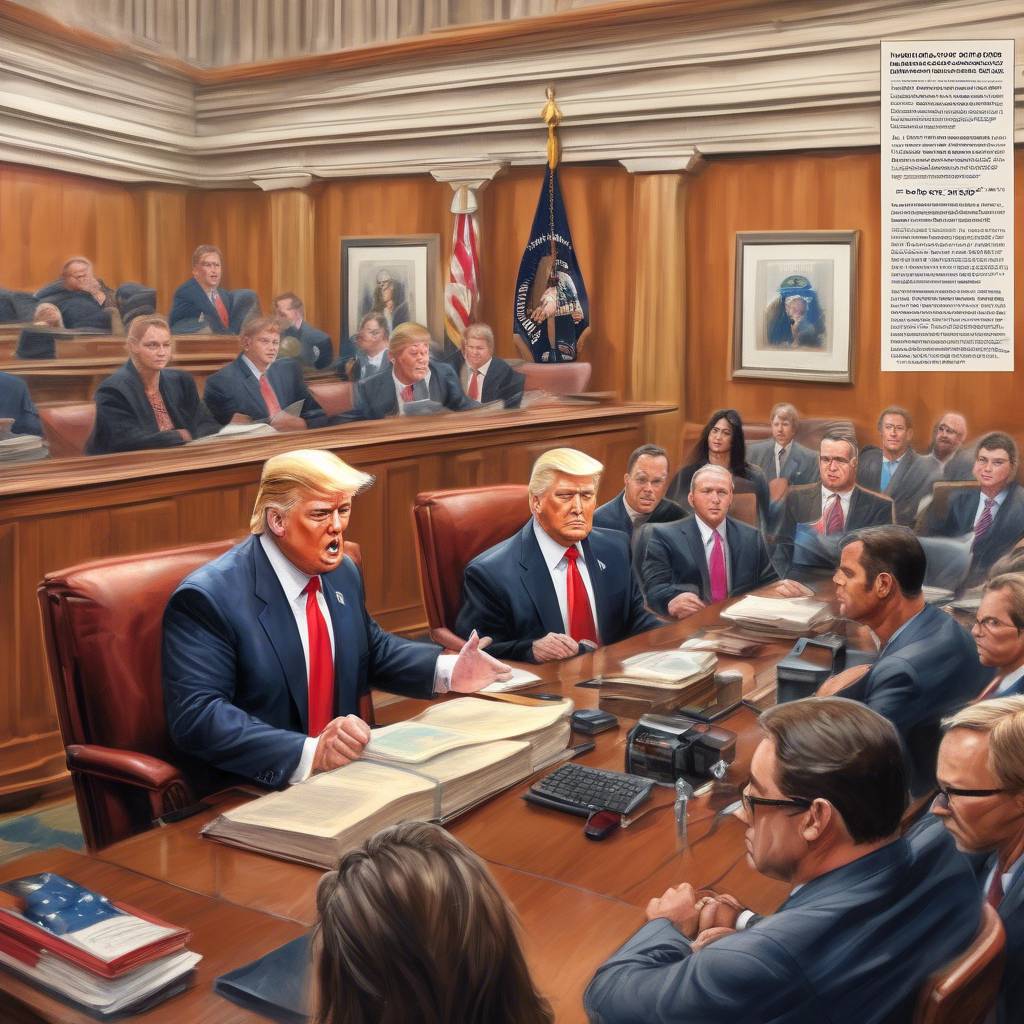Former President Donald Trump’s trial in Florida on charges of illegally keeping classified documents after leaving office has been indefinitely postponed, reducing the likelihood that he will face a jury before the November 5 U.S. election. A judge appointed by Trump in 2020 decided to delay the trial, which was originally scheduled for May 20. The trial, in which Trump has pleaded not guilty to 40 federal counts, including retaining sensitive national security documents and obstructing government efforts to retrieve them, will now see pre-trial hearings extended through July 22.
The delay in Trump’s trial has significant implications for his potential candidacy in the upcoming election against Democratic President Joe Biden. The trial postponement adds to the already existing obstacles faced by Special Counsel Jack Smith in getting either of the federal cases against Trump to trial before the election. In a separate case involving Trump’s efforts to overturn the 2020 election loss, the U.S. Supreme Court is considering recognizing some level of immunity for former presidents regarding prosecution over official actions, further complicating Trump’s legal battles.
Trump’s legal team has consistently sought to delay the four criminal cases he faces, raising concerns among legal experts about a defendant potentially having the power to shut down their own prosecution. Trump has been on trial in New York state court since April 15 on charges related to hush money paid to porn star Stormy Daniels ahead of the 2016 election. He also faces charges in Georgia over his attempts to overturn the 2020 election results. Trump has labeled all the legal cases against him as politically motivated.
The charges in the Florida case include violations of the Espionage Act, conspiracy to obstruct justice, and making false statements to investigators. An April poll indicated that a significant portion of Republican and independent voters would be less likely to support Trump if he is convicted of a felony. The timing of a potential trial before the election would likely raise concerns about election interference. However, a Trump victory in November could mean that neither case reaches a jury, as he could direct the Justice Department to drop the charges or seek a pardon for himself.
Prosecutors in the Florida case have pushed for aggressive deadlines, arguing that the public has a right to a speedy trial. The judge has denied several of Trump’s bids to dismiss the charges, though some legal issues remain pending. Trump’s claims that the documents were personal records may play a role in the trial process, potentially leading to further delays if prosecutors decide to appeal certain decisions. The uncertainty surrounding the timing of Trump’s trial and the implications for his potential candidacy raise significant legal and political questions in the lead-up to the U.S. election.









